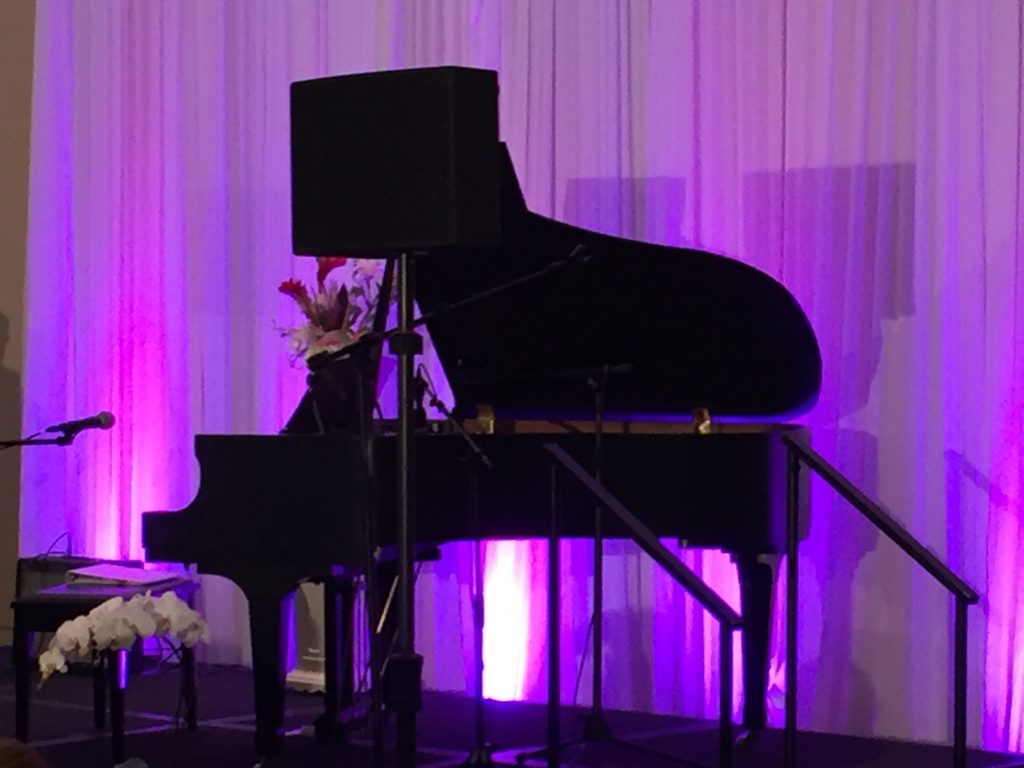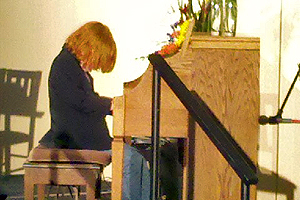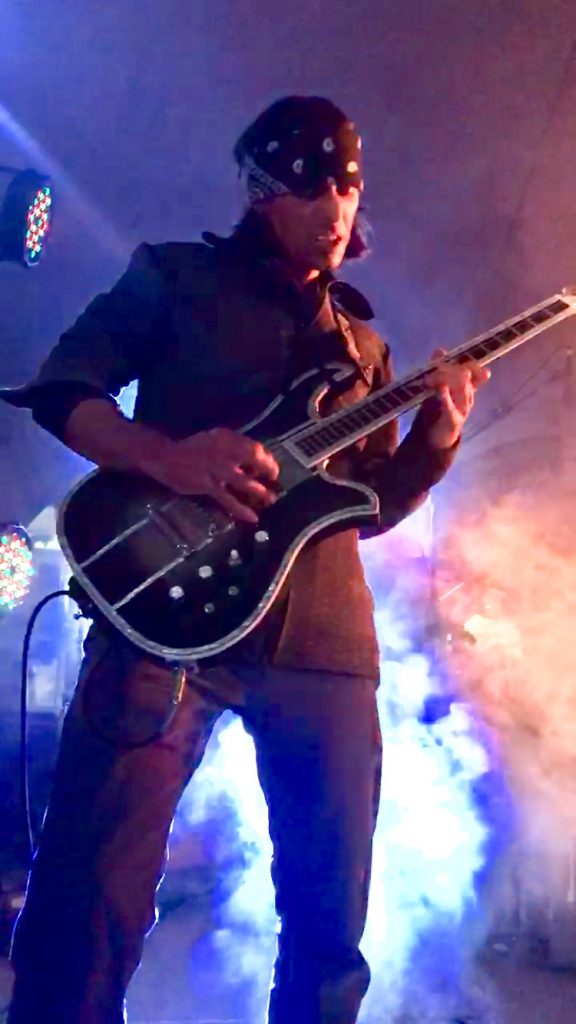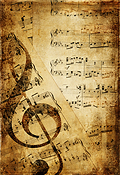CSoM NEWSLETTER … July 2020
CSoM NEWSLETTER … July 2020
Now in our 15th year of business, we’re proud to offer both online lessons and in-person private music lessons for all ages and levels for piano lessons, guitar lessons, violin lessons, drums lessons, voice and band/orchestra instruments.
Located in the heart of downtown Golden, our current roster is comprised of musicians from all over the Denver Metro area and includes students from Golden, Denver, Arvada, Wheat Ridge, Lakewood, Littleton and Boulder!
Whether you’re a beginner, a seasoned pro or just learning for fun, private music lessons with our experienced instructors will take your playing to the next level!
We’re currently accepting students for summer lessons! If you’d like to register or would like to know more about private music lessons, send an email to: info@coloradoschoolofmusic.com or call 303-526-9865 today!
Welcome Back!
We’re happy to return to in-person lessons in our Golden studio! We’ve altered our school to accommodate lessons in a fun and safe environment! If you’d like to register or would like to know more about our covid-19 protocols and safety measures, send an email to: info@coloradoschoolofmusic.com or call 303-526-9865 today!
Online Lessons!
In addition to our in-person lessons, the Colorado School of Music continues to offer online lessons! As with our in-person lessons, all online lessons are on-on-one private instruction with our talented instructors. Using, FaceTime, Skype, or your favorite video call app, connect with our teachers and take your lessons from home! We currently offer online lessons Monday through Thursday for all instruments and voice. Call 303-526-9865 or email info@coloradoschoolofmusic.com to get signed up today!
Summer Music
The Colorado School of Music is open year-round and we offer our normal schedule of private lessons throughout the warm months. Summer is a great time to begin youth piano lessons or guitar lessons – or perhaps you’re interested in trying something new like ukulele or drums. School band members – get ahead of your orchestra by taking some private instrument lessons during the break! Great slots are still available – email info@coloradoschoolofmusic.com or call 303-526-9865 to set up a summer music lesson today!
Never Too Old…music lessons for adults!
Music lessons are for the young at heart, not just the young. If you’ve been thinking of renewing your love of piano or taking your guitar playing to the next level, try a private lesson with us! At the Colorado School of Music we are proud to have many adult students on our roster, studying all different disciplines. Our instructors are experienced with students of all ages, and will be happy to work with you to be sure that your lessons meet your individual needs.
Adult music lessons are available for all instruments, including guitar lessons, piano lessons, singing lessons, drums, violin, and more.
Please Leave a Message-
During the course of a week we field many phone calls from students and parents regarding lessons, scheduling and cancellations. During the afternoon, we often let the answering machine retrieve our messages so as not to disrupt class sessions. Please know that we are very conscientious about retrieving our missed calls and we always listen to our messages. We do not, however, make return calls for lesson cancellations unless requested. If you need to cancel for the week, please call 303-526-9865 and leave a message. Thank you!
Keep practicing, and enjoy the summer!





